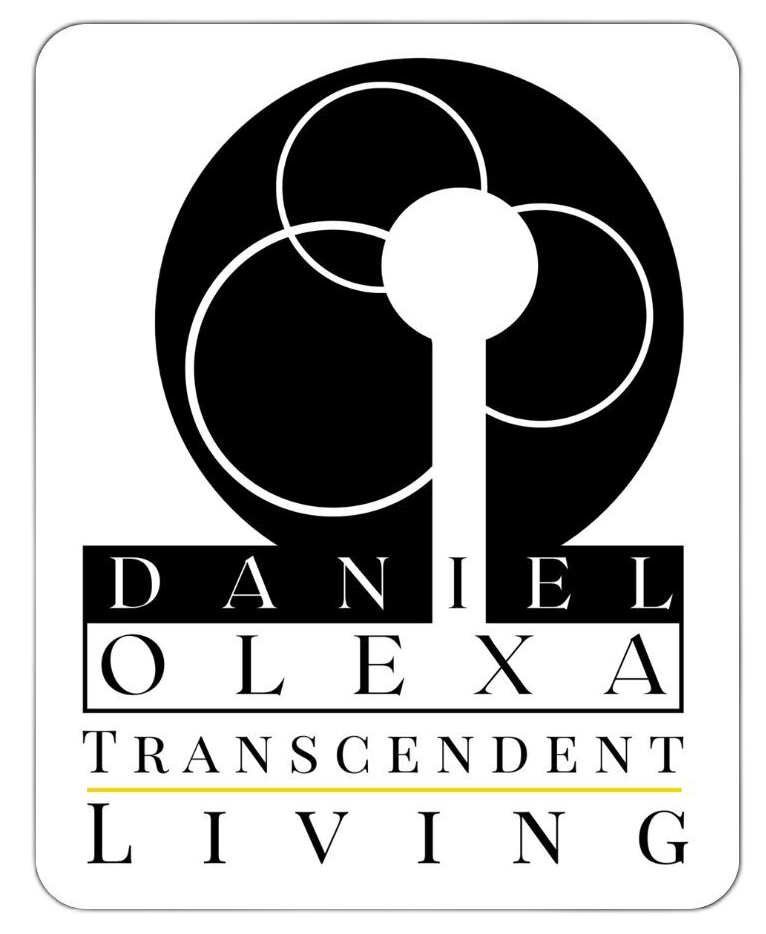A Pessimist’s Guide to Manifesting 2: Law of Deliberate Creation
Why it’s good to know what you want and to be selfish about it
I realized that I was playing for safety instead of playing to win.
Winning meant more stress, longer hours, more work at my job – dealing with a variety of needs from advertising clients who didn’t care what it took to get it done, it just… needed… to… be… DONE!
I was earning a good living. My stress level was higher than that of most of my friends. I thought that meant I was successful. It certainly meant, to me, that I was important and strong – if I could handle this strain as everyone around me said, “I don’t know how you do it,” then I must be special.
What it really meant was that I was putting the needs of others before mine. I was misguided and had no vision for my life, or, maybe more correctly, I wasn’t connected with a big vision for my life. I thought my employers would take care of me when I showed my dedication.
Oh, they gave me a trinket of appreciation, maybe a small bonus each year, but it wasn’t something on which I could build a secure future. It was merely a token of appreciation that kept me locked in an otherwise frustrating role.
Positive feedback is powerful.
However, if you are not living intentionally with a personal goal in mind, positive feedback in the workplace can keep you trapped in a comfort zone of non-achievement.
It’s amazing how easily we can wipe out months of frustration with the acceptance of one small note of recognition. It’s like our inner voices say, “Look, I told you they will take care of us! They just proved it. Keep doing what you’re doing and next year they’ll give you even more!”
And of course, the next year came and nothing changed…
This cycle also meant was that I was building someone else’s dream for them, not building my dream for me.
Oh, I was getting paid (and paid well), but I wasn’t satisfied.
Instead, I ultimately realized that the only vision for the future that matters is a personal one.
Sounds selfish?
It is.
I am.
And you should be too.
When we live our lives primarily based on the needs and wants of others, we give up our goals; we live by default, much of it based on our past programming.
Who did we learn to be? What messages did we internalize as children on how we should treat others? How deserving do we believe we are to achieve our goals?
If you are like me, you were told that you were supposed to respect others (a positive thing), but unfortunately the way I learned that lesson meant that I was supposed to make others happy at my expense. I learned that my dreams had no value and I was unworthy and undeserving of pursuing them – that my main reason for existing was to keep the peace.
Over years of repetitious exposure to this message and the positive feedback I received by sacrificing my goals for the happiness of others (“Thank you. You’re so kind…”), contrasted with the negative feedback I received when I placed my needs first (“I can’t believe you’re so selfish! Don’t you care about my needs?”), I internalized the message that I was not deserving of my own goals and path.
Only recently, after decades of self-discovery have I shifted that belief into a positive one that empowers me while also helping others to grow.
What changed?
Many things – the first of which was I broke out of my comfort zone and put myself first and moved out of a stalled relationship. This was not an easy step, it was quite emotionally painful actually. Thankfully, I had a wonderful counselor who helped me to navigate the path and remain true to my goals for my happiness.
From that moment, I began living intentionally to define and realize my objectives.
That’s where the Law of Deliberate Creation comes in.
When we are working within this law, we are accepting of what is, aware of what was, and choosing our personal course with intention.
Let’s break this down based on my revelations.
What is, for me: I enjoy helping and empowering others to achieve their success. It’s my purpose and passion.
What was, for me: I had learned to put the needs of others first; that I was not deserving of achieving my goals.
Choosing my own path with intention: I can help others without giving up my goals. I can actually help others and achieve my goals at the same time as long as I do it with intention. Since I faced similar challenges and overcame them, I have both the empathy to understand someone else’s pain as well as the knowledge of the path to become free of it.
My challenges thus become my strength.
If I continued to frame them as struggles, I would remain in a fighting mode. As soon as I accept the lessons and power that come from them, then I am able to empower myself and others.
I discovered that I am deserving of my goals – that the negative thoughts in my head were merely echoes of my childhood when I had very little personal power.
Those thoughts have no place in my adult life.
And they have no place in yours.
If you are hearing or sensing thoughts that tell you that you do not deserve to achieve your goals, ask yourself where they came from and who they sound like. This may be a clue in where you learned these self-deprecating beliefs.
You probably internalized them, like I did, as a child. That is when we are most impressionable and our subconscious soaks up messages that act as a foundation for our beliefs about ourselves and ultimately how we live our lives.
These thoughts no longer have a place in your life. It’s time to move beyond them. You are no longer five years old. You have learned a lot since then, you’ve grown physically, mentally and emotionally.
Stop acting like a five-year old.
Deliberate creation requires you to be an adult, or at least mature in your outlook.
You are not a slave to your past. As noted earlier, the things you learned then can be used as a foundation on which to grow. What positive lessons can you take from them? How can you help yourself and others by embracing what is, rather than battling against it because it’s not what you want?
When we struggle against what is, we just create more struggle and a deeper ocean of what we’re fighting to change.
You need to stop living in the default mode of your comfort zone that was created by the beliefs of what you deserved to achieve or not achieve.
Your comfort zone is based on the past, not on the present. It will only hinder your achievements in the future.
Deliberate creation requires that we shake things up, that we consciously choose our path.
Deliberate creation means acting on a plan for your life.
Do you have a plan, or do you just have an idea of what would be nice to achieve?
Without an action plan, dreams are just dreams – ethereal phantoms that tease us by showing us what we aren’t.
But we can make these ideas real in this world by taking action.
When you are finished reading this article, take a few moments to sit quietly and focus on your goals. Think about what you want to achieve – maybe you have an image in your mind, or a feeling in your heart about what your ideal life would be like.
Write it down. Include as many details as possible to make it more real.
Do not edit it backwards – do not let the negative thoughts reduce the size of this vision.
For example, if your ultimate outcome is to help one million homeless people to find jobs and homes, do not let the voices of your comfort zone say, “You can’t even help the homeless guy on the corner. What do you know?”
Embrace your vision and know that all outcomes require a starting point and a process to become fully realized. Be bold, do not shrink from your responsibility to yourself here.
Your homework for this article is this: Begin today.
Become consciously aware of what you are attracting into your life.
Are you living just to fill the day and receive a paycheck? Or, are you living with a goal in mind, living intentionally, to realize a dream/desire/goal that is fulfilling to you?
If you have never thought about the difference between the two, start now.
Write down your outcome – dream big. If you can dream it, you deserve it. (And remember the Law of Pure Potentiality – it can happen.)
Ask yourself, “Realistically, how long should it take me to achieve this?” Then reduce that number by ten or twenty percent. You can achieve it faster than you think.
From this moment forward, choose to live your life deliberately to create this outcome. Every day, place as much time and energy as you can into realizing your goal.
What do you need to accomplish first? What event will tell you that you are on your path?
You are deserving of it. It is your purpose for this lifetime on Earth.
Go and do it.
I’d love to hear about your goals. What obstacles are you encountering as you perform these exercises?
Write a comment below or send me an email at daniel@danielolexa.com.

